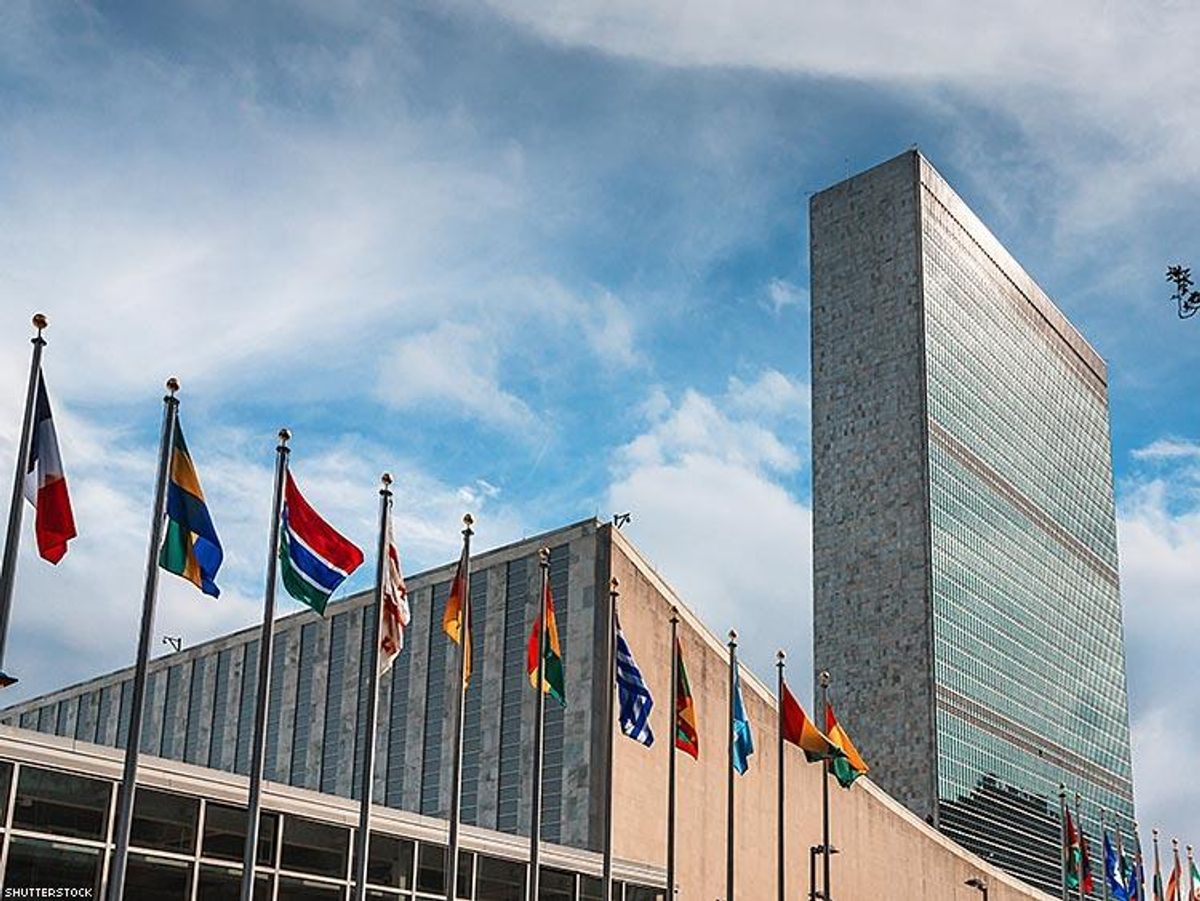The United Nations released its final report this week outlining a host of concerns about the treatment of African-Americans in the United States.
In short, it isn't pretty, and it's a reflection of what many activists have been saying for a long time.
The 22-page document issued by the U.N. Working Group includes 37 "manifestations of racial discrimination" in criminal justice, health care, education, and more.
Many of the conclusions relate to criminal justice, specifically policing and incarceration and their relation to history.
"In particular, the legacy of colonial history, enslavement, racial subordination and segregation, racial terrorism and racial inequality in the United States remains a serious challenge, as there has been no real commitment to reparations and to truth and reconciliation for people of African descent," the report states. "Contemporary police killings and the trauma that they create are reminiscent of the past racial terror of lynching. Impunity for State violence has resulted in the current human rights crisis and must be addressed as a matter of urgency."
The report specifically recommends that investigations of excessive use of force complaints and extrajudicial killings be done independently of departments, and that "policing in schools should be abolished."
The recommendations are not binding but do increase the visibility and scrutiny of human rights issues in the United States.
The findings specifically mentioned the intersectional oppression faced by African-American women, cis or trans, and disparities in health care and access for women as well as increased violence toward them.
The working group makes several other recommendations in the report, including reparations to African-Americans similar to those requested by the Caribbean community, such as a "formal apology, health initiatives, educational opportunities, an African knowledge programme, psychological rehabilitation, technology transfer and financial support, and debt cancellation."
The Movement for Black Lives platform also calls for reparations, and writer Ta-Nehisi Coates laid out a case for reparations in a 2014 article for The Atlantic. Although the U.S. is administering a plan for reparations to French survivors of the Holocaust, there is not any current plan to explore reparations for black descendants of those brought here in the trans-Atlantic slave trade, a sticking point for the U.N. group.
The U.N .is currently convening in New York for its 71st session. A video of remarks made by working group chair Mireille Fanon-Mendes-France is found below.


















































































Viral post saying Republicans 'have two daddies now' has MAGA hot and bothered